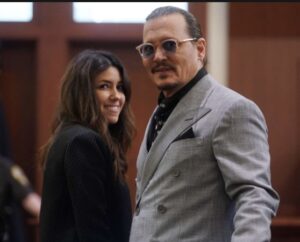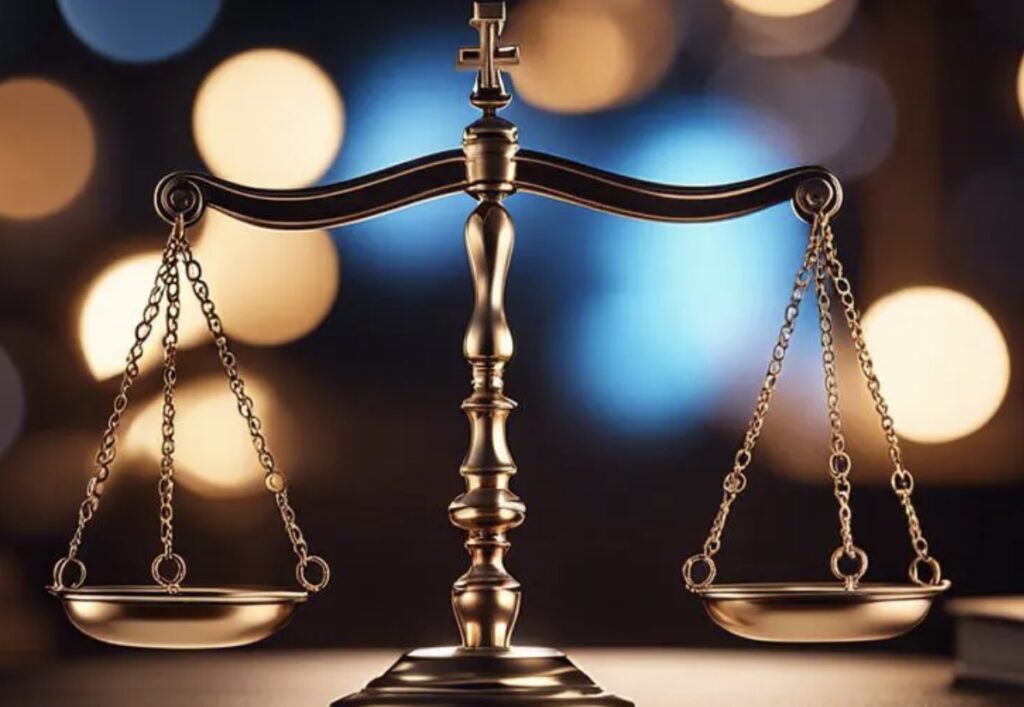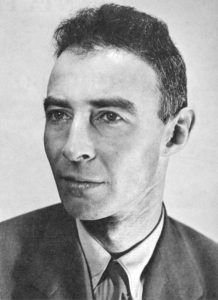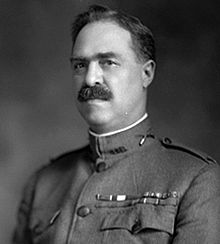For quite some time the media industry has emerged with its portrayal of the legal profession. What most do not realize is beneath the surface lies the reality of a bizarre sensationalism and stereotype profession. Lately, the legal profession has been a subject of fascination in the media, depicted in various forms of contemporary media. From live broadcasting of courtroom hearings to a lawyer’s informative postings on social media. Network television had been showing the legal system through dynamic televised stories rather than just a set of routine mundane tasks. Media is communicating that lawyers are dynamic characters in society.
Yet, the reality of the legal profession often differs from the televised media portrayal. Accordingly, lawyers are finding themselves in situations that were unprecedented and are forced to handle media. This has both positive and negative drawbacks to the legal profession such as discrepancies within media depictions and real-world practices. Expectations are set aside for the public opinion to enjoy legal proceedings, similar to a televised show. It’s important to “distinguish media depictions of the legal profession to not promote negative stereotypes”.1 What are the consequences for the misshaped societal impression that media may have insinuated?

Media platforms “play a pivotal role in shaping the public perceptions”2 For instance, the communication methods in a television show portray what the producer and network approves, however the concepts that influence the legal profession in media differ significantly from that of network television. The ethical conduct for legal professionals, such as prosecutors, defense attorneys, and judges sole purpose is to have and follow integrity driven legal processes.
Lawyers tend to be depicted in network television as charismatic, cunning, and often morally ambiguous characters. From the smooth-talking defense attorney to the ruthless prosecutor, these smart and charming characters exude ego-centric and dynamic personalities, making for compelling storytelling. The most popular television shows like “Suits,” “The Good Wife”, and “Law & Order” exemplify a trend in the media where powerful figure engage in risky legal battles. The Netflix and AMC shows such as “The Lincoln Lawyer” and “Better Call Saul”, respectively, showcase an emerging trend with lawyers in pop culture. The issue becomes the media sensationalizes the legal profession, this creates “preference-based prejudices”3, essentially that what the viewers watch is based on what they want and avoid watching what they do not want to. Depicting lawyers in media is having an affect on the societal perception of real-world lawyers and the televised expectations.
Although these characters are written and the shows are produced to be entertaining, often these portrayals oversimplify the complexity of legal practice that introduce bias to the legal profession. The reality is that the work of a lawyer involves extensive education, working behind a desk, and an everlasting amount of work, rather than the dramatic stories depicting dramatic twists and turns. Moreover, lawyers are expected to adhere to an ethical legal code and these shows often under develop those activities within a 30-minute television episode. These lawyers are often downplayed and misrepresented in favor of sensationalized narratives that meet a demand for a headline and quick sneak-peak trailer for next week’s coming episode. The court of public opinion has now evolved to a level unprecedented. This creates a “preference-base reinforcement”4 because the more people are familiar to these types of programming, the more their prejudices are reinforced.
Therefore both actors playing lawyers and lawyers themselves are becoming apart of the story, not just advocates for their clients. Recall during the infamous Johnny Depp v. Amber Heard defamation trial5 and the countless eyes that witness a courtroom proceeding. Viewers were able to judge the practitioner’s mannerisms, clothing, and share their opinions about the subject live on social media.

Lawyers are not necessarily comfortable with this newfound spotlight, yet the media portrays an embellished lawyer capable of advocating for their clients. Rather, the reality suggests that media engagement is now one of a “lawyers unofficial” role.6 Whereas on television an actor and media trained personal might have their negotiations and demands across the big conference room table from one another, in reality a simple phone call or email exchange would often suffice.
The media’s portrayal of the legal profession has an impact on public perception. This may affect, client’s expectations, a pre-law students responsibilities, and aspiring attorneys role in society. For many, their understanding of the legal system is shaped more by what they see on television rather than personal experience or formal education. As a result, stereotypes and misconceptions by the media can influence how individuals view lawyers, judges, and the legal process. A common stereotype perpetuated by the media is the “greedy lawyer” more concerned with profits than principles. This negative implication surrounding lawyers can affect the relationship between law and justice. Rather than perceiving lawyers as “honest and hard-working public servants with their clients best interests at heart”7, they are perceived negatively.
Media certainly depicts unethical behavior within the legal profession and can be reflective of actual misconduct throughout the legal system, however the vast majority of lawyers are committed to upholding the principle of justice and serving their client’s best interests. The media portrayal that emphasizes greed and corruption only serves to reinforce negative stereotypes in the legal system. Contemporary media has become an “integral part of legal marketing”.8 There are many popular influencers on social media who are lawyers depicting the legal system as an informative channel to serve their followers. A large social media following establishes credibility and drives engagement with the attorneys practice. Although they cannot offer their legal advice for specific cases via this channel, they benefit from exposure to a large audience, ultimately, these lawyers educate a vast amount of people on laws and procedures.
Similarly, the media’s depictions of courtroom proceedings as dramatic confrontations between opposing attorneys ultimately foster unrealistic expectations about the legal process. In reality, many legal disputes are resolved through negotiation or settlement rather than through a trial. In fact, depending on the state an attorney is practicing in, a judge will not see a case until an attempt to settle the case has been pursed already.

Despite its entertainment value, the media often does not capture the complexities and nuances of the legal profession. One major reason is that television shows have to condense complex legal concepts into a format that is understandable to a large audience. As a result, certain aspects of legal practice are exaggerated or over simplifies for dramatic effect, leading to a distorted portrayal of reality.
Furthermore, the competitive nature of the media industry fosters the conflict, which caused focus on high-profile cases or controversial legal issues to arise. This development does not showcase the routine legal work. The selective showcasing creates misconceptions about the legal profession, which further emphasizes the more sensational aspects. At the expense of neglecting the realities affecting lawyers. The legal field is complex and requires great study to truly understand it.
- Baruah, Sabyasachee, Krishna Somandepalli, and Shrikanth Narayanan, “Representation of Professions in Entertainment Media: Insights into Frequency and Sentiment Trends through Computational Text Analysis,” PLOS ONE, https://journals.plos.org/plosone/article?id=10.1371%2Fjournal.pone.0267812. ↵
- Administrator, “Media Influence and Legal Ethics – Criminal Justice – Iresearchnet,” Criminal Justice, February 7, 2024, https://criminal-justice.iresearchnet.com/criminal-justice-process/legal-and-ethical-issues/media-influence-and-legal-ethics/. ↵
- Arendt, Florian, “Media Stereotypes, Prejudice, and Preference-Based Reinforcement: Toward the Dynamic of Self-Reinforcing Effects by Integrating Audience Selectivity,” OUP Academic, June 5, 2023, https://academic.oup.com/joc/article/73/5/463/7190600. ↵
- (PDF) exposure to Muslims in media and support for public policies harming Muslims, https://www.researchgate.net/publication/286458228_Exposure_to_Muslims_in_Media_and_Support_for_Public_Policies_Harming_Muslims. ↵
- “Johnny Depp v. Amber Heard,” The New York Times, https://www.nytimes.com/news-event/johnny-depp-amber-heard-trial. ↵
- Smulison, Justin, “Social Media/Television Influence on Lawyers,” Best Lawyers, August 17, 2022. https://www.bestlawyers.com/article/social-media-television-influence-on-lawyers/4640. ↵
- Ideology and law in American popular culture, https://scholarship.law.georgetown.edu/cgi/viewcontent.cgi?article=1182&context=facpub. ↵
- AdminAI, “Gain Invaluable Legal Knowledge with Exclusive Attorney Interviews on Attorneys.Media,” Attorneys.Media | Watch Attorneys Answer Your Legal Questions, March 21, 2024, https://attorneys.media/utilizing-social-media-for-legal-marketing-power/. ↵



